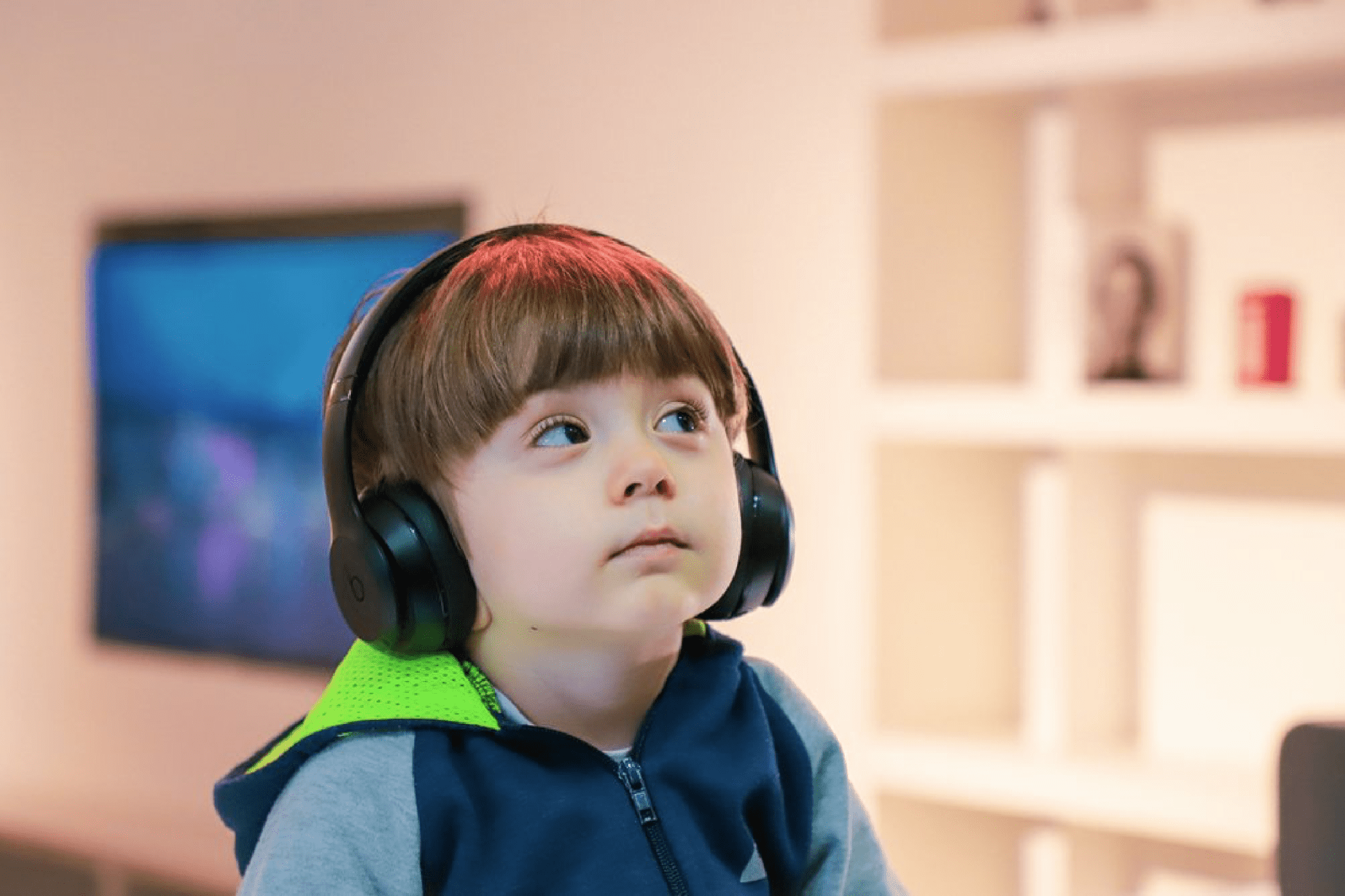What is your first thought when you hear the word Autism?
For some, it can be a label (good or bad), for some a way of life and others, a life sentence. When we think of the word Autism, we think of superheroes.
Autism is a developmental disorder of variable severity that is characterised by difficulty in social interaction and communication and by restricted or repetitive patterns of thought and behaviour. Neurodiverse children can struggle perceiving the world around them. They can be labelled as lazy or discourteous as they do not understand how to react or create appropriate reactions to different circumstances. They can also be labelled as “wild” or “troublemakers” when they are experiencing Sympathetic System Overload which is where they are so overwhelmed, they struggle to perform higher levels of executive functioning. Some autistic children can perform masking where they will hold everything in for a certain amount of time and when they arrive at what they consider a safe environment, they let it all go and appear to go “hyperactive” or shut down and become more “introverted.”
Autism is a complicated condition that makes it hard for an individual to process and comprehend the world around them. These superheroes tend to struggle with:
Social interactions: interpreting not only the spoken word but all the little nuances that accompany many social interactions. They can be perceived as rude or accused of not having manners. When in actual fact, their awesome brains are struggling to find the appropriate response.
Speech: sometimes these superheroes are unable to create the appropriate response to a question. They can even struggle to learn how to formulate the necessary sounds for speech. We will often see a delayed response time to questions/statements directed to them. Why? The reasons above definitely contribute but sometimes their superhero brains can be so overloaded from the world around them, they can sometimes take a second or two to process what is happening.
Movement: A common thing we see with Autistic children is that they can struggle to perform gross and/or fine motor patterns. They can have some issues with balance, coordination and/or crossing the mid-line. They tend to struggle to remember correct patterns of muscle movement and require lots of repetition to help.
The biggest question we get asked is: “What benefits does exercise have for Autism?”
The answer:
- Improved regulation
- Improved gross and fine motor control
- Improved sleep quality
- Improved behaviour
- Improved levels for concentration and
- Allows the superheroes to stay task-orientated for longer
The second biggest question we get asked is: “How?”
Our answer:
Through regular structured exercise, we can assist the brain in coming out of the fight, flight and freeze mode. When we exercise, our brain releases all these amazing neurotransmitters and hormones that help us to regulate. These hormones have a positive effect on our levels of stress and anxiety, happiness and fatigue. When that happens, we can use the front section of our brain o perform higher levels of executive functioning like decision making, recalling correct motor patterns or practising appropriate social skills. Through movement, we can target improvements in strength, endurance, sleep, coordination, gross and fine motor skills.




